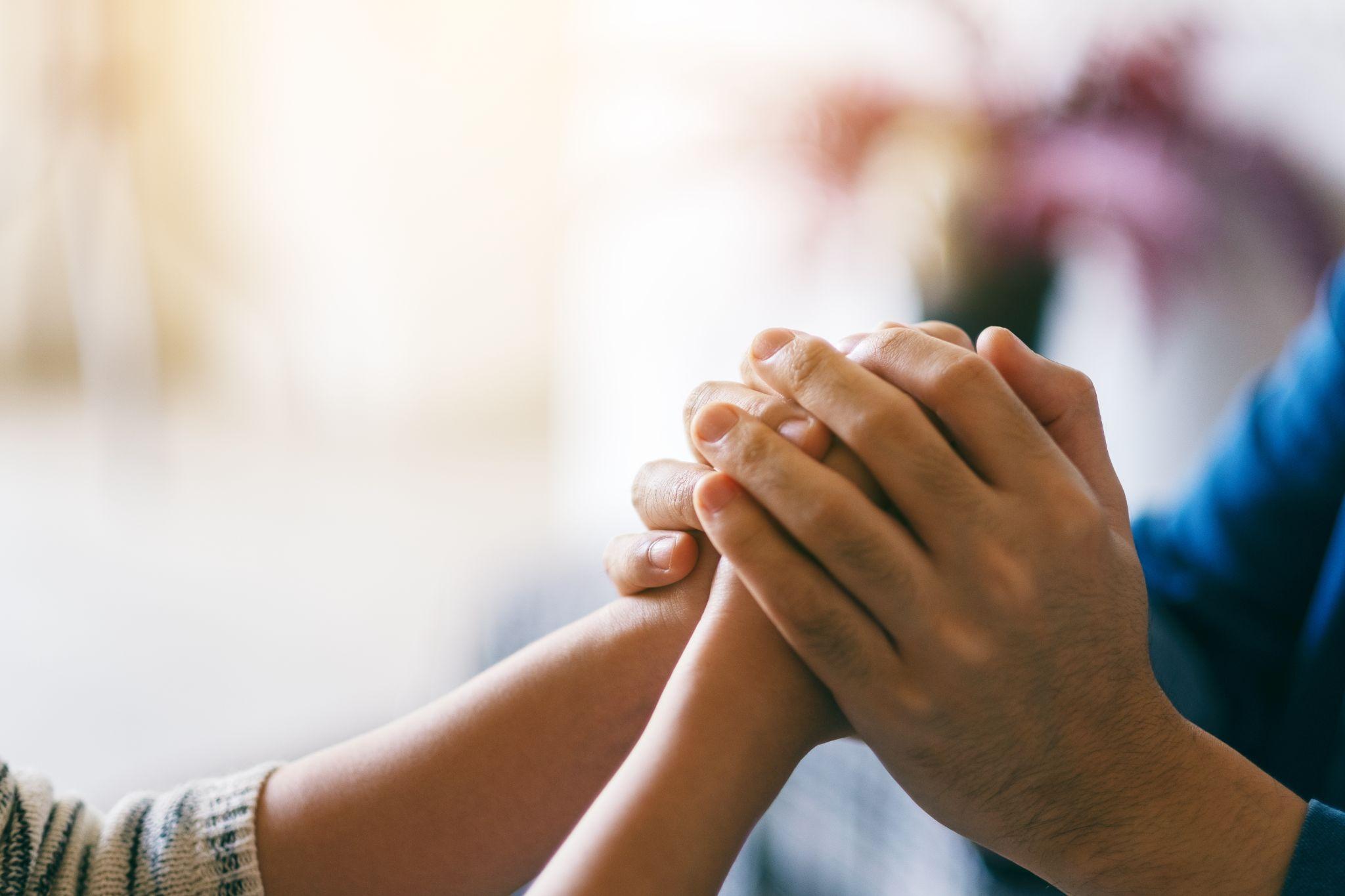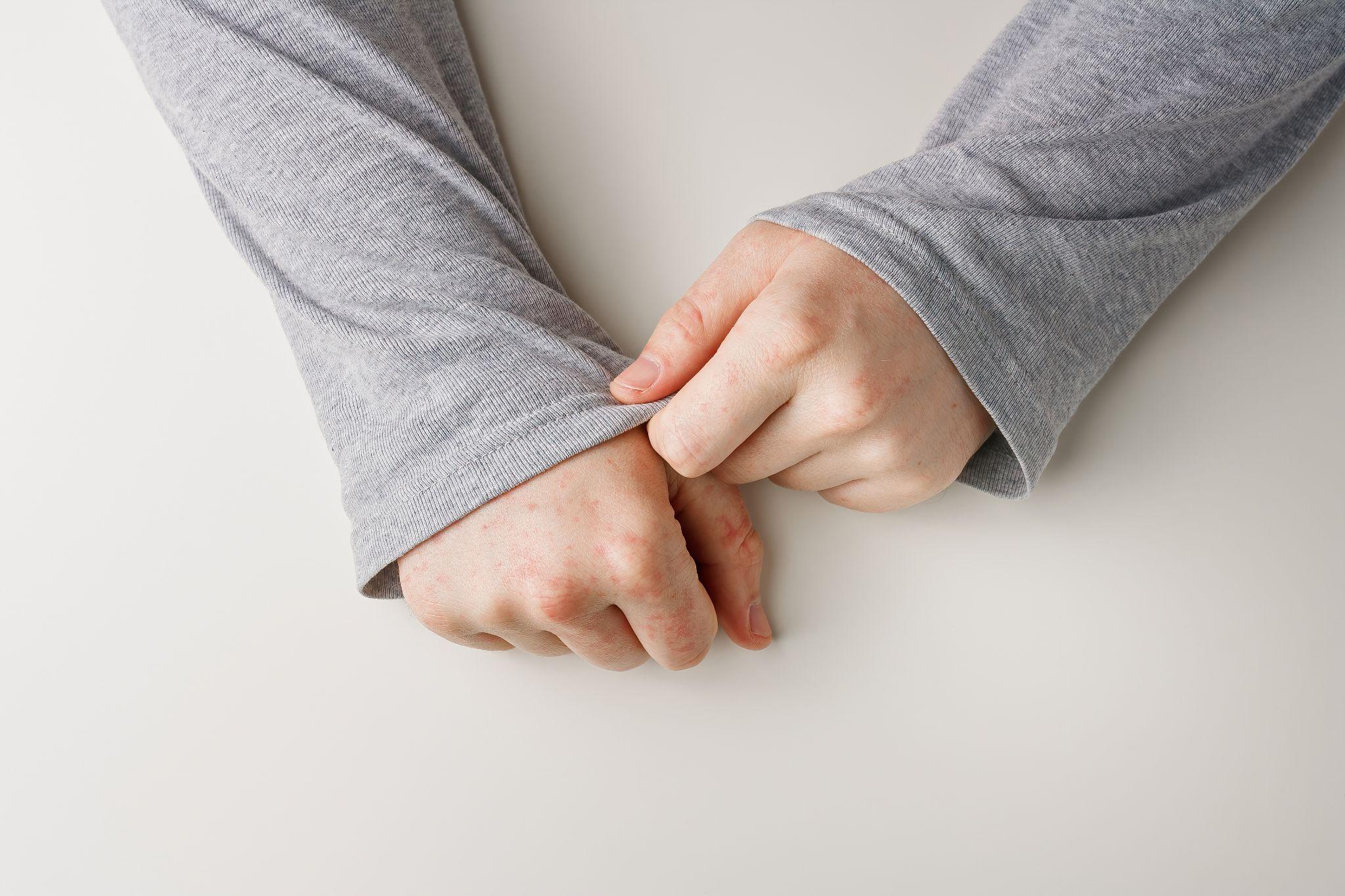
How to Help an Addict
Discovering that a friend or loved one is struggling with substance abuse can be shocking and upsetting. Wanting to help is natural but, without the right advice, many people who try to help their loved ones end up causing more harm than good. Understanding how to talk to your loved ones about their addiction and help them find professional help can make a lasting impact on their life and yours.
13 Ways to Help a Loved One Struggling with Addiction

If you’re looking for help on how to approach a loved one with a substance use disorder, here are 13 ways to help family and friends addicted to alcohol or drugs.
1. Educate Yourself About Addiction
Addiction is not a moral failure. It’s a disease that can affect every aspect of an individual’s mental and physical health. Learning to identify the signs of addiction, the withdrawal symptoms, and how certain substances affect individuals can not only help you know if your loved one needs help but give you a good foundation from which to offer help in a knowledgeable and non-judgmental way.
2. Get Support or Counseling

Trying to help a loved one with addiction can take a toll on your mental health. One of the most important steps in caring for a friend or family member with a substance use disorder is to get help for yourself first. Talk to a counselor or join a support group that helps the loved ones of addicts learn how to help them cope with their addiction and care for their own mental health at the same time.
3. Don’t Shame or Criticize
It’s easy to look for someone or something to blame when talking to a loved one about addiction. However, by criticizing, shaming, or judging the person struggling with substance abuse, you’re not only decreasing their chances of seeking professional help but lowering the probability that they will reach out or open up to you too.
4. Keep an Open Mind

Addiction and recovery aren’t linear. It’s essential that you keep an open mind and realize that your loved one may talk about experiences or feelings that make you uncomfortable. Mental health issues or traumatic events often contribute to addiction. Understanding that your perception of their addiction and reality may differ can help you offer better advice and be more caring as you try to help them get treatment.
5. Expect Challenges
Addiction is a challenge, and recovery is even more so. There’s no set plan as to how rehab and recovery work, and you should expect many challenges as you work up to them getting treatment or professional help. Don’t be surprised if they deny that they have a problem or even refuse your help outright. It’s important not to give up but to know when to give them some space to calm down before raising the issue again.
6. Plan a Brief Intervention

Brief interventions are an excellent method of helping someone who struggles with addiction. It involves taking 10-15 minutes to raise the issue of addiction and your fears with your loved one and suggest they may benefit from treatment.
Allow your loved one to do most of the talking, and then ask open-ended questions about why they are behaving a certain way or using alcohol and drugs. This may not only help you breach the gap and find common ground but can open a judgment-free conversation that can significantly benefit your relationship.
7. Listen
When trying to help someone addicted to drugs or alcohol, listening is often more important than talking. Ask open-ended questions and let your loved ones talk as much as they need to before commenting or adding a new question. By doing this, you’re not only allowing them to express themselves but proving that you do care and that accusations or comments on their addiction aren’t the reason why you brought it up.
8. Don’t Expect Immediate Results or Change

Realizing one has a drug or alcohol abuse issue isn’t instantaneous.1 You might have to talk to your loved one several times and try more than once to get them to agree to seek treatment. Don’t push them, and don’t be disappointed if they don’t immediately express their desire to go to rehab. The recovery process takes time and requires a lot of patience on your behalf if you wish to help your loved one start their journey.
9. Don’t Enable Them
Enabling a person with addiction often involves protecting them from the consequences of their substance abuse or actions while under the influence. Many times, family members will cover up for each other as a result of good intentions. Still, by hiding your loved one away from the effects of their disorder, you are enabling them to continue their destructive habits.
10. Help Them Address Co-Occurring Disorders

Substance abuse and mental health disorders often go hand in hand. It may be as a result of the co-occurring mental health condition that your loved one hasn’t been able to seek treatment. Encourage them to see a therapist first if they’re not ready to attend rehab. By addressing the mental health issue first, it may become easier for them to seek treatment for their substance use disorder.
11. Encourage Your Loved One to Seek Help
Support your loved one by encouraging them to seek professional help. Whether that is at a residential rehab or an outpatient treatment center, medical advice, guidance, and supervision are often necessary for individuals using highly addictive drugs with overdose risk.
Professional treatment is also the best step toward building the skills necessary to cope with triggers and situations that may make them want to use again.
You can help by suggesting rehab centers, talking to a counselor, or even bringing up the conversation of getting medical assistance in a calm manner that doesn’t make it feel like you’re trying to force them into treatment.
12. Accept That Relapse Is a Possibility

Alcohol and drug addiction are challenging to overcome. The highs and lows of getting your loved one into treatment may seem to pay off once they leave, but you should realize that relapse isn’t just a possibility. It happens to a lot of people after rehab. It doesn’t mean your loved one is a failure, however, and getting them back into treatment should be your top priority if they ever do relapse and start using or drinking again.
13. Take Care of Yourself
You can’t help others if you need help yourself. Dealing with a loved one who’s addicted to drugs or alcohol can be challenging. One of the ways you can ensure your own mental health stays stable is to set boundaries. Don’t allow people to take advantage of you or your time no matter how much you care for them.
If it’s a family member who is in treatment for addiction, joining family therapy sessions could help you find peace of mind and re-establish important relationships. Take care of your mental health so that you are in the right state of mind to help others.
How to Get Help

If you or a loved one is struggling with addiction, getting evidence-based care from a rehab with personalized treatment programs could help you start on your journey to recovery. Yellowstone Recovery is a comprehensive treatment center that offers detox services and outpatient and residential programs to help individuals quit and manage the after-effects of substance use disorders.
If you require help, contact our team today at (888) 418-4188 to get treatment access and advice, whether it’s for alcohol, amphetamines, marijuana, or any other substance-related addiction.
Source:








